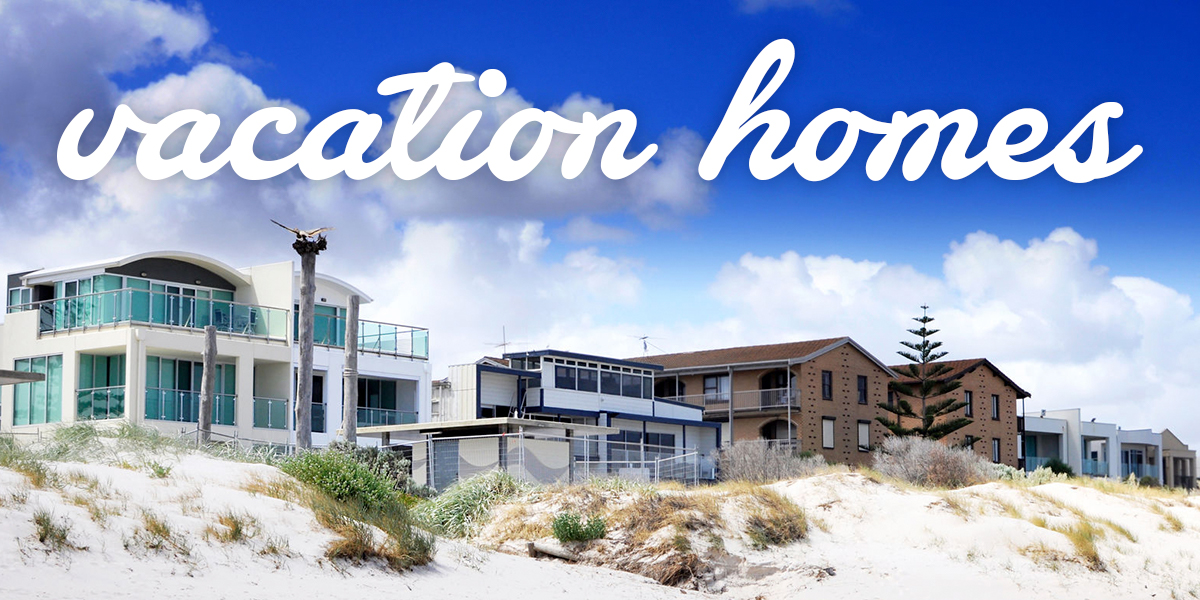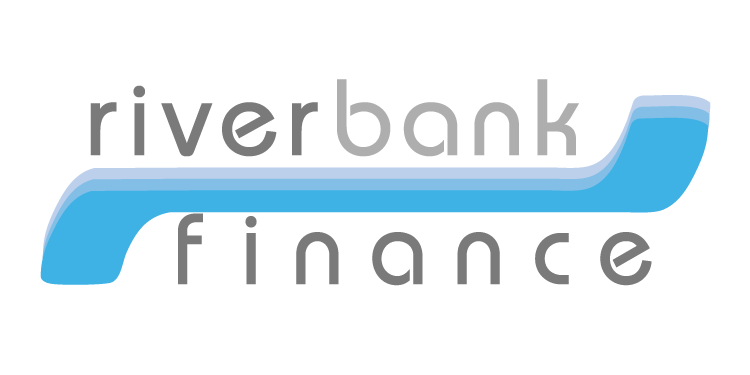
What you need to know about buying a vacation home
You’ve been comfortably settled into your home for quite some time now, and you are financially stable. You may be nearing retirement or are craving a place of relaxation and leisure where you and your loved ones can get together without the hassle of booking hotels. A vacation home in Michigan may be just what you need. Before you jump in, you should understand how buying a vacation home is different from buying a primary home. Here’s what you need to know:
Location.
Your idea of the perfect vacation home may be on the beach, in the mountains, or in a small lakeside town along the white sands of Lake Michigan. Before you decide on the exact location, find out about the growth opportunities in the area you’re considering. Having a vacation home in a popular tourist spot can appreciate the value of your home over time, making it a great long-term investment.
Associated costs.
Interest rates for second homes are typically higher than they are for primary homes. Our mortgage calculator can show you what those rates would look like. When you apply for a mortgage on a second home, mortgage underwriters typically look at the costs associated with the principal amount, interest, property taxes, insurance, and any Homeowners Association dues that come with the property.
Likewise, owning a second home means you’ll have to be prepared for added expenses, such as travel, maintenance, repairs, utility costs, and household necessities. One way you can recoup those costs is by renting out the home when you don’t plan on using it yourself.
Down payment requirements.
When buying a primary home, you can put down as little as three percent, and in some cases, no down payment at all. However, FHA and VA loans don’t apply to second homes. In most cases, your lender may want you to put 10 percent down on your vacation home. If you plan on renting out the property on a part-time basis it could be considered a rental property which requires a 20 percent down payment.
Vacation Home Mortgage qualifications.
When you buy a vacation home, the lender will expect you to have saved at least two months of mortgage payments on your primary home and vacation home if you have reliable income, and six months of mortgage payments if you are self-employed. This is to protect you and the lender in case your income is interrupted for any reason. You may also be required to have a higher FICO score and a lower debt-to-income ratio than you would with a primary home loan.
Owning a vacation home can be a great long-term investment and a wonderful getaway for you and your loved ones. However, the process is often difficult, as the lending requirements are more strict. Contact a mortgage loan officer at Riverbank Finance to discuss your best options for purchasing your dream vacation home.
Apply for a Vacation Home Mortgage
To apply for a Vacation home loan, call Riverbank Finance today at 1-800-555-2098.

 800-555-2098
800-555-2098

